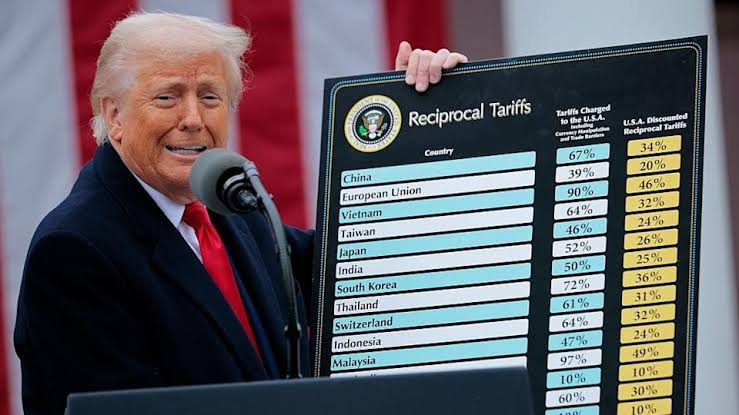
SHOCKING TARIFF REVELATION: America Faces $143 Billion Auto Trade Deficit with Japan, Europe, and South Korea – Stephen Miller Sounds Alarm
In a bombshell revelation shaking economic and political circles, former White House advisor Stephen Miller has disclosed that the United States is grappling with a staggering $143 billion auto trade deficit with key global allies – Japan, Europe, and South Korea. The disclosure, made during a fiery interview on a conservative talk show, has reignited heated debates over America’s trade policies and its long-standing reliance on foreign automobile imports.
Miller, a vocal advocate for America-first economic strategies, warned that the U.S. auto industry is on the brink of collapse if immediate and drastic tariff measures are not implemented. “This is an act of economic surrender,” he said, accusing previous administrations of turning a blind eye while American factories shuttered and foreign-made vehicles flooded U.S. markets. “$143 billion is not just a number – it’s the price of betrayal.”
The trade deficit figure is more than just symbolic; it points to a deeper structural imbalance in global trade. Japan and South Korea have maintained high barriers to U.S. auto exports for years, Miller claimed, while their own vehicles enjoy virtually unfettered access to American consumers. “You can count on one hand the number of American cars on Tokyo streets, but you can’t drive ten minutes in the U.S. without seeing a Japanese or Korean car,” he said.
In Europe, the situation is equally lopsided. While German automakers dominate the U.S. luxury car market, American brands struggle to gain a foothold across the Atlantic. Industry experts argue that non-tariff barriers, stringent environmental standards, and consumer preferences have long favored European brands – a reality that Miller insists is “deliberately rigged against U.S. workers.”
In response to Miller’s remarks, economists and auto industry insiders have expressed mixed reactions. Some agree that the deficit is unsustainable and that a rebalancing is necessary, but many warn that slapping steep tariffs on allies could ignite a damaging trade war. “Tariffs may protect some jobs in the short term, but they risk higher prices for consumers and retaliation against other sectors like agriculture and tech,” said one trade analyst.
The Biden administration has yet to issue an official response to Miller’s claims, but sources within the White House suggest that trade negotiations with these nations are ongoing. However, pressure is mounting from both sides of the political aisle for the administration to take a firmer stance in protecting U.S. manufacturing and closing the auto trade gap.
Meanwhile, the news has sent shockwaves through the stock market, with shares of major foreign automakers dipping slightly amid fears of looming U.S. tariffs. American automakers, on the other hand, experienced a modest boost – a possible signal that investors see opportunity in a potential reshaping of the trade landscape.
Whether this stunning revelation leads to substantive policy changes or simply fuels another round of political rhetoric remains to be seen. But one thing is clear: the auto trade deficit is no longer just a statistic – it’s a symbol of America’s broader struggle to reclaim its industrial might in an era of global competition.






